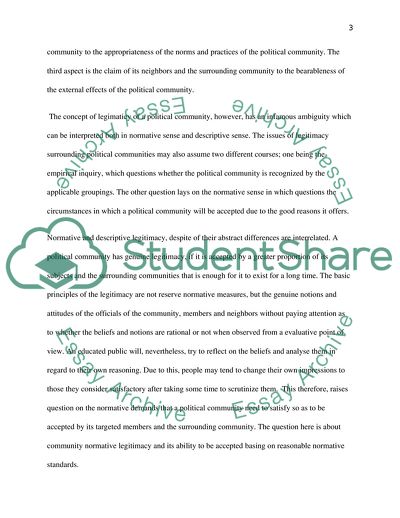Cite this document
(What Is a Political Community Article Example | Topics and Well Written Essays - 3500 words, n.d.)
What Is a Political Community Article Example | Topics and Well Written Essays - 3500 words. https://studentshare.org/politics/1874815-what-is-a-political-community
What Is a Political Community Article Example | Topics and Well Written Essays - 3500 words. https://studentshare.org/politics/1874815-what-is-a-political-community
(What Is a Political Community Article Example | Topics and Well Written Essays - 3500 Words)
What Is a Political Community Article Example | Topics and Well Written Essays - 3500 Words. https://studentshare.org/politics/1874815-what-is-a-political-community.
What Is a Political Community Article Example | Topics and Well Written Essays - 3500 Words. https://studentshare.org/politics/1874815-what-is-a-political-community.
“What Is a Political Community Article Example | Topics and Well Written Essays - 3500 Words”. https://studentshare.org/politics/1874815-what-is-a-political-community.


